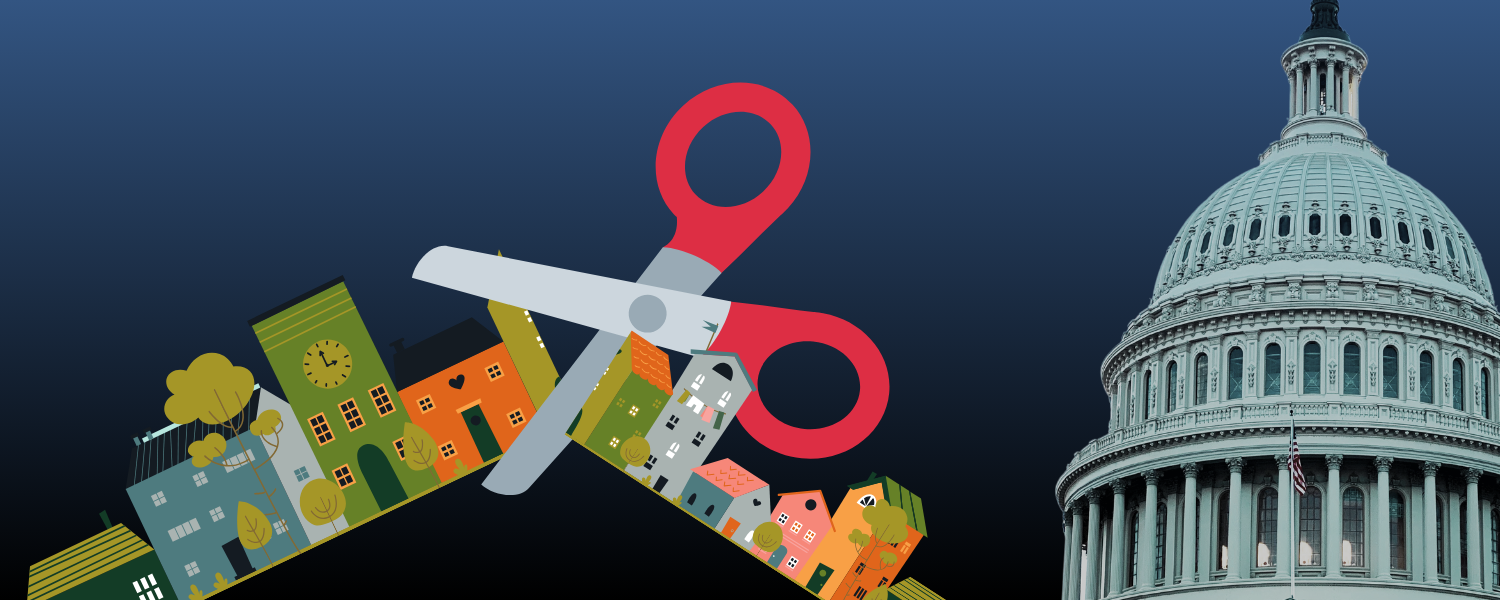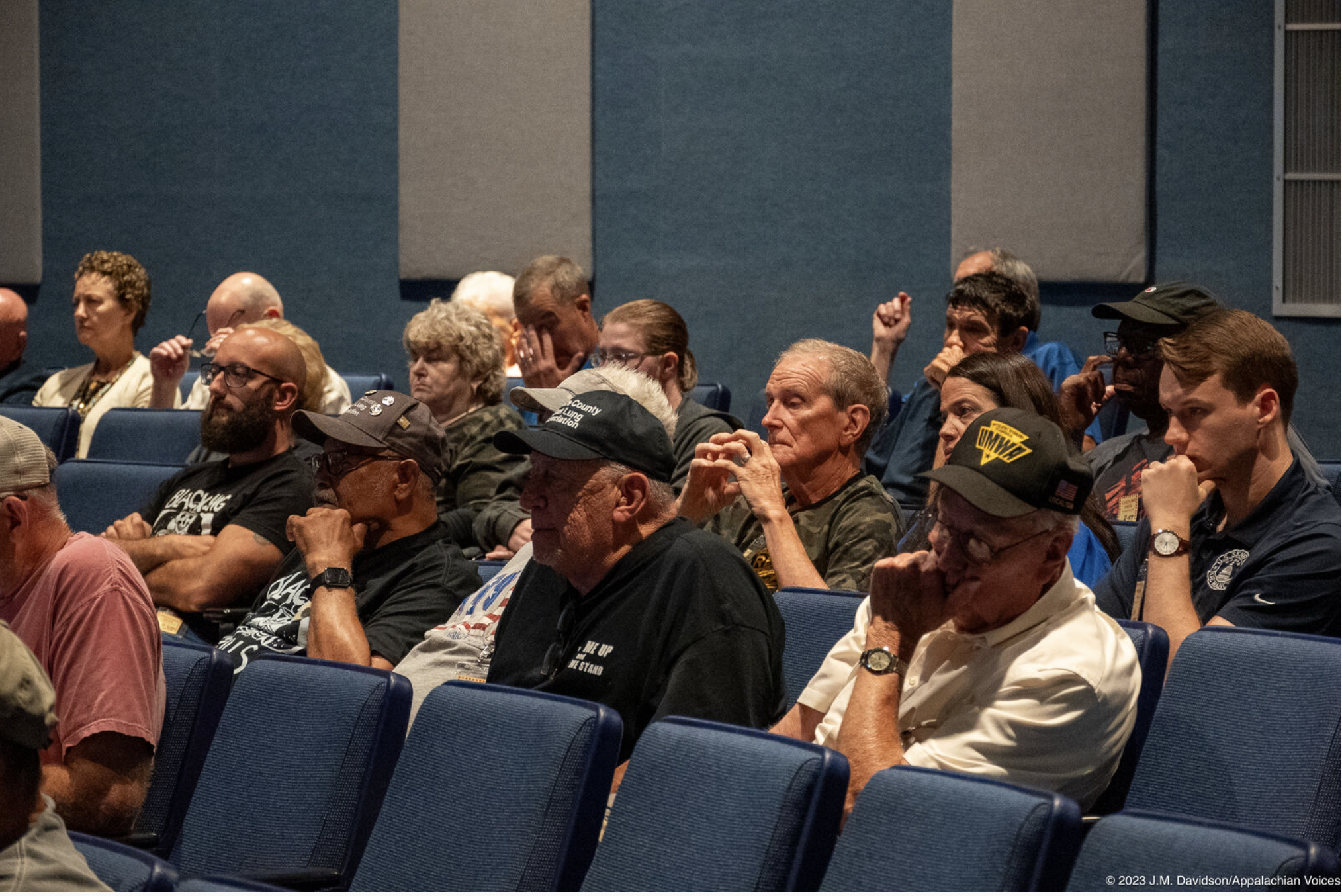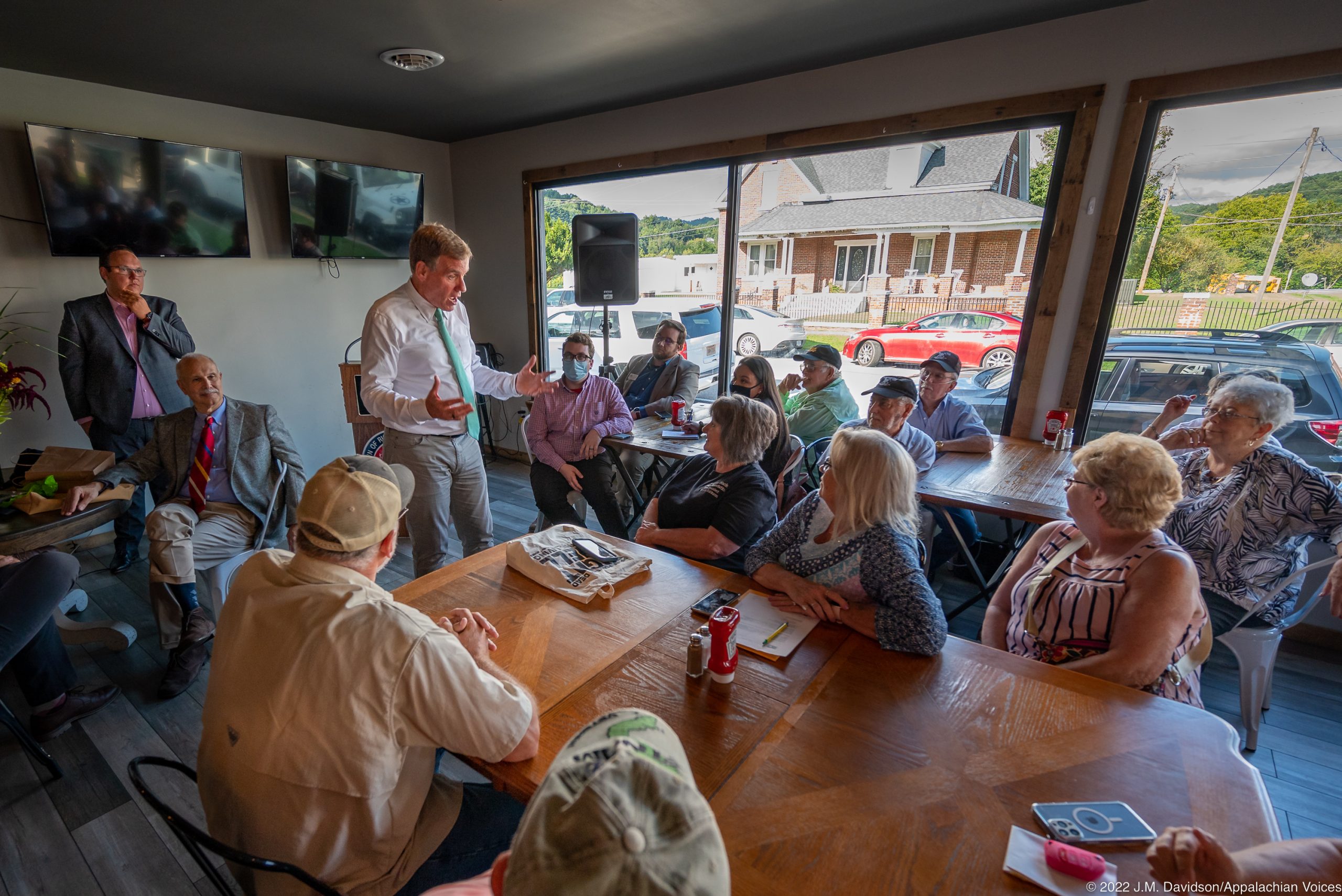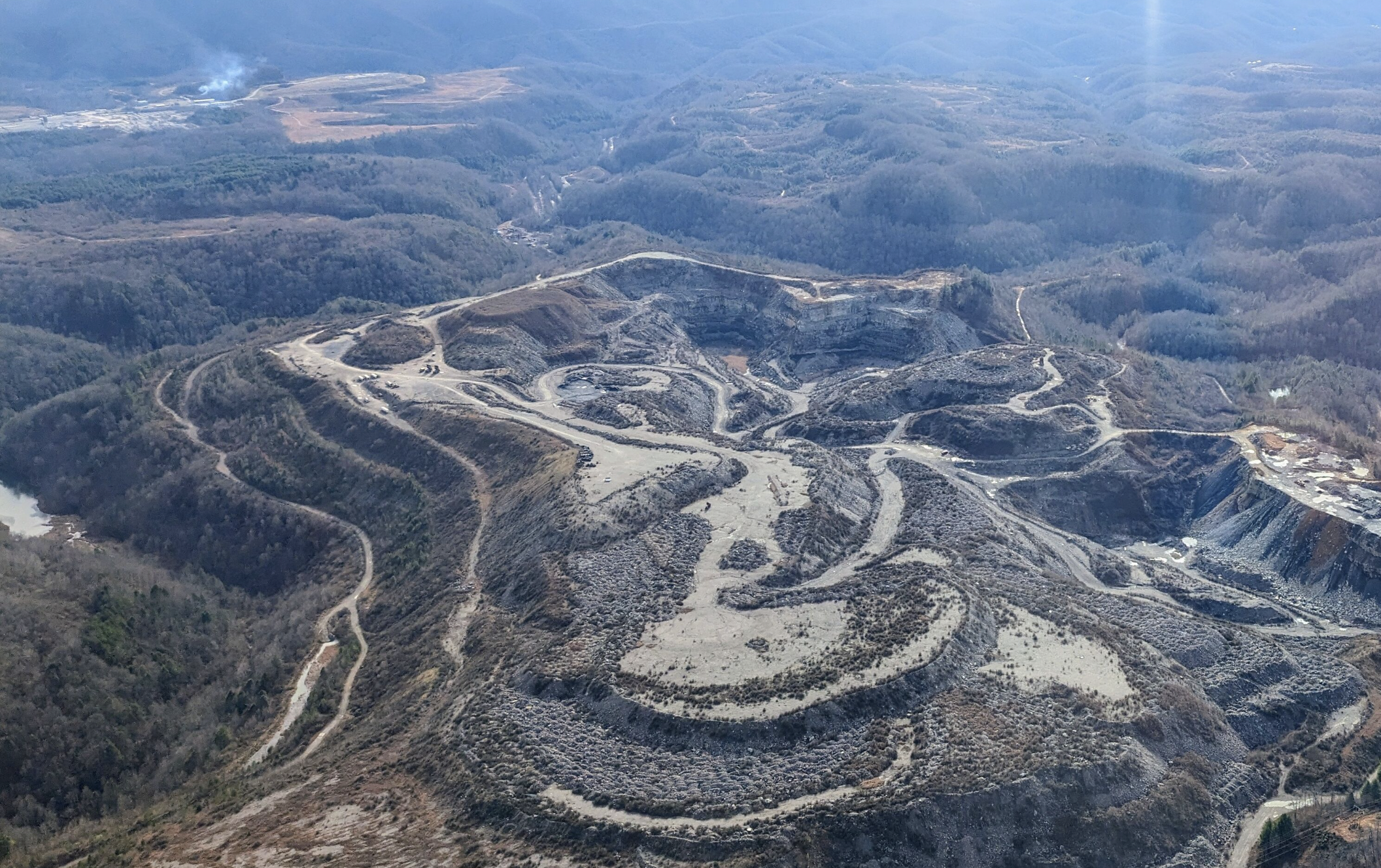Front Porch Blog
In 2023, Appalachian advocates made several advancements in the fight for greater protections for rural communities and families affected by black lung but as we enter 2024, an ongoing battle in Congress over spending is threatening to undo much of this progress while also cutting programs that benefit these communities. Here’s where things stand as Congress gets back to work, and how you can help!
Keeping vital government programs running
We all benefit from federal government spending on things like roads, schools, and health and safety protections, including at coal mines. Every year, Congress must pass legislation to fund critical government programs.
But this year, Congress has delayed enacting bills to fund these crucial programs more than three months past the annual deadline, and some lawmakers are playing a partisan game of chicken to prevent a final deal. If Congress waits too long, more severe cuts of up to 9.4% to these programs will automatically take effect in May.
Tell Congress: Stop playing games and fund the government!
A government shutdown or extreme funding reductions would have devastating effects on our most disadvantaged neighbors, including:
• Allowing coal companies to get away with not reclaiming mines and putting miners’ health at risk
• Cutting funding for clean energy programs,
• Increasing energy costs for rural communities,
• Gutting economic development opportunities for coal communities transitioning to new economies
Don’t let Congress stop progress on preventing black lung!
Deadly silica dust is one of the biggest contributors to the growing black lung epidemic, which is affecting miners at younger ages than ever before. A proposed new Department of Labor rule would update safety protections for miners and help prevent the disease. The Department of Labor is planning to finalize the rule in April. Advocates for coal miners’ health have fought for an updated silica rule for decades, and there are concerns that the new rule doesn’t go far enough to protect miners’ health and safety.
Sadly, some members of the U.S. House have amended a critical government funding bill to prevent any progress at all by blocking the new rule before it can even be finalized. It’s critical that we keep this provision out of any final government funding legislation!
Tell your members of Congress: Don’t block the silica rule!
Help make sure miners with black lung and their families get the support they deserve!
Black lung disease is a deadly and debilitating disease caused by exposure to dust while mining coal. Coal miners with the disease are eligible to receive a monthly stipend and health care, but coal companies often fight these cases for years in court so they don’t have to pay for the benefits.
Lawmakers have introduced two bills to strengthen benefits for miners struggling with black lung disease and make the benefit claims process less burdensome for the surviving family members of miners who have died from black lung. In November, Congress reintroduced the Black Lung Benefits Improvement Act in both chambers. Last month, U.S. legislators introduced the Relief for the Survivors of Miners Act in both chambers. This was the first time it’s been introduced in the House. These two bills will help coal miners and their families more easily access black lung benefits.
The Black Lung Benefits Improvement Act: The black lung benefits claims process can take years, and many miners don’t have legal representation, leaving them to fight coal companies’ lawyers on their own. Also, the monthly stipend for a coal miner with black lung disease hasn’t kept up with inflation since it was created in 1969. The Black Lung Benefits Improvement Act would increase the monthly stipend a coal miner receives and adjust it annually for inflation. It would also help miners get better access to legal representation by allowing attorneys to receive some payment for their work during the claims process, rather than at the end.
Miners and their families often have difficulty paying for the medical tests that could help prove they got black lung disease from coal mining. The Black Lung Benefits Improvement Act will also make important medical tests reimbursable so that miners are able to prove their black lung claims.
Relief for Survivors of Miners Act: Spouses and dependents of coal miners are eligible for black lung benefits if the miner died of black lung disease, but they often face difficulties if they apply after their loved one dies or if the claim was still being processed when their loved one died. The Relief for Survivors of Miners Act, developed after years of advocacy from the Southwest Virginia Black Lung Association, would help level the playing field for those families who are struggling to buy groceries each month.
Tell your lawmakers: Support miners with black lung disease!
Tell federal regulators to make sure mines are cleaned up!
In Appalachia, our communities are deeply tied to our mountains — they give us clean water, refuge for wildlife and a sense of place. But today, hundreds of thousands of acres of modern surface mines are not being cleaned up. Unreclaimed mines pose a danger to communities and the environment through water pollution, unstable ground, open mine portals and increased flooding risk. These hazardous sites also drag down our local economies, while the mine cleanup process itself would create new jobs that would help to further reinvigorate the economy of the coalfields.
Though federal law requires that coal companies reclaim their mines, the law needs strong enforcement by agencies to be effective. The U.S. Office of Surface Mining Reclamation and Enforcement oversees all coal mines in the country as well as the state agencies implementing the requirements of the law. Regulators need to do a better job of making sure that coal companies are cleaning up their mines in a timely manner and securing cleanup funds!
For years, Appalachian Voices and our partners have been warning that coal companies are stalling reclamation and that bonding systems meant to fund mine cleanup will not hold up to widespread bankruptcies. But federal regulators have done little to address these pressing issues. It is critical that the Office of Surface Mining Reclamation and Enforcement act now!
Learn more and sign our petition asking regulators to step up mine cleanup enforcement!
2024 is sure to be full of attention-grabbing political headlines. Some dramatic fights, like the effort to keep the government funded, can have a huge impact day-to-day for us and our neighbors. Other issues that have a profound impact on the daily lives of folks in our region, like whether a mine is reclaimed before the next superstorm or whether a widow can access the black lung benefits her late husband was entitled to, may not make the headlines as often, but are just as important.
Thank you for taking the time today to contact your legislators and agency officials. We’re excited to make gains together for Appalachian communities in 2024!
PREVIOUS
NEXT
Related News

Leave a comment
Your email address will not be published. Required fields are marked *




